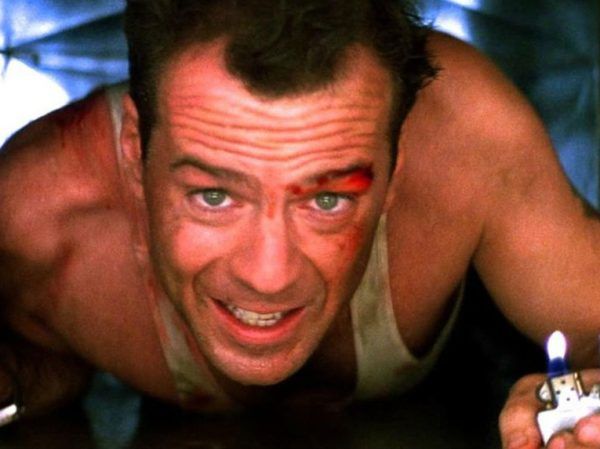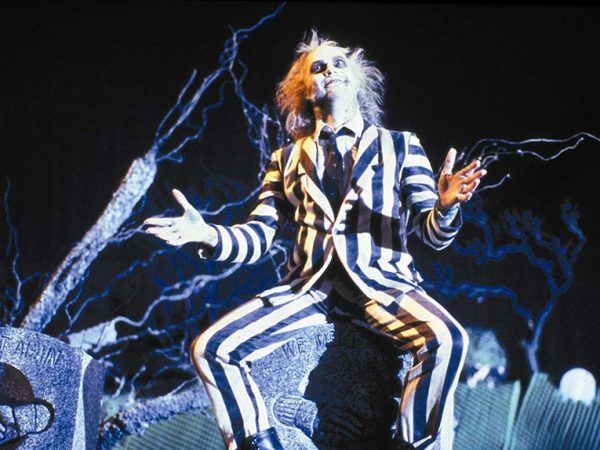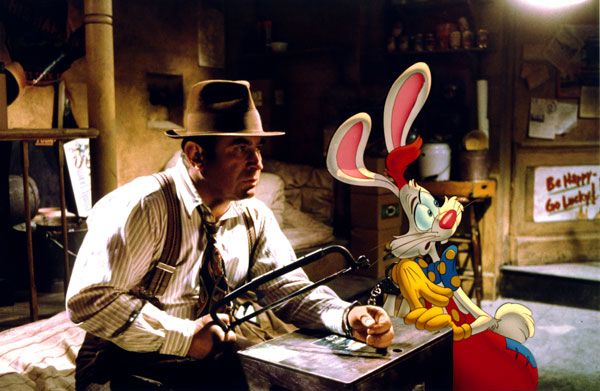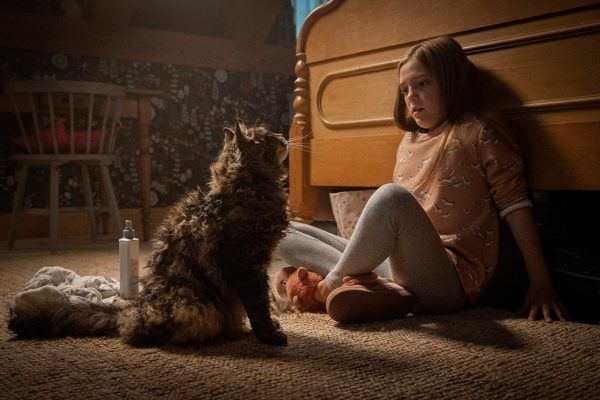Last fall, Victor Miller, who wrote the original screenplay for Friday the 13th, won a lawsuit that gave him the domestic rights to the slasher franchise under an old copyright law that grants authors rights to their original work after a period of 35 years. The case is still being appealed, but it was an important ruling within the Hollywood legal community, which was watching very closely, knowing just how much was at stake.
See, until recently, screenwriters rarely used the law to their advantage, and it was mostly employed by musicians who were eager to control their back catalog. But Eriq Gardner, the intrepid legal reporter at the Hollywood Reporter, has looked into legal records and discovered a bunch of high-profile termination notices that were filed within the past year.
According to THR, the most notable titles include The Terminator, Die Hard, Beetlejuice and Who Framed Roger Rabbit. Apparently, Gale Anne Hurd, who co-wrote the original Terminator movie that was released in 1984, has moved to terminate (natch!) a copyright grant made 35 years ago. As of right now, David Ellison's Skydance Media controls the Terminator rights, having acquired them from his sister, Megan Ellison, who bought them at auction for $20 million back in 2011. Under this law, Skydance would lose the rights, and they would revert to Hurd and her co-writer, Terminator director James Cameron, even though Cameron has previously said that she "did no actual writing at all," per Wikipedia. Thus, if Skydance wants to make a sequel to its upcoming Dark Fate, it would have to renegotiate with Cameron and Hurd -- otherwise, they could shop the rights to other studios, not to mention deep-pocketed streaming services.
Hurd isn't alone in her quest to recapture rights, as author Gary K. Wolf is looking to take back the rights to the book that became Disney's hybrid hit Who Framed Roger Rabbit, while the family of novelist Roderick Thorp wants to terminate Fox's rights to the book Nothing Lasts Forever, which served as the basis of Die Hard. The same can be said for the heirs of Beetlejuice screenwriter Michael McDowell, who wants to reclaim the character from Warner Bros. A Nightmare on Elm Street and Predator are also subject to termination along with works from Stephen King and David Mamet. And as time passes, more films from the mid-'80s will celebrate their 35-year anniversaries, which may make it harder for studios to make sequels and reboots from those properties.
The important thing to keep in mind, of course, is that all these authors and screenwriters who are regaining control of their work are likely to strike new deals, because sitting on the rights means that the properties aren't generating any income. These scribes need studios, producers and financiers to make movies -- or at least develop movies -- so they can get paid. For example, if Dark Fate flops and the town doesn't even want to make another Terminator movie, then the rights aren't all that valuable to Hurd and Cameron. Which is why it's in everyone's best interest to return to the negotiating table. Some talks will no doubt be more public than others, but don't freak out if a studio loses a major property, as it's likely to surface elsewhere given the way companies are stockpiling recognizable IP these days.
Either way, studios will have two years to exploit their rights once a termination notice is filed. They won't just lose the rights overnight. In fact, King filed a termination notice on behalf of Pet Sematary, but before he the rights reverted to him, Paramount hustled a remake into production. If they had waited until the termination went into effect and still wanted to move forward with a remake, the studio would've had to renegotiate its deal with King, and likely would've had to pay much more than they did 35 years earlier.
THR's sources caution that studios might be hesitant to greenlight anything under a legal cloud, and that foreign rights can complicate matters, as U.S. termination law doesn't apply overseas. At the end of the day, deals will be made, but expect to see more standoffs between creators and studios.





